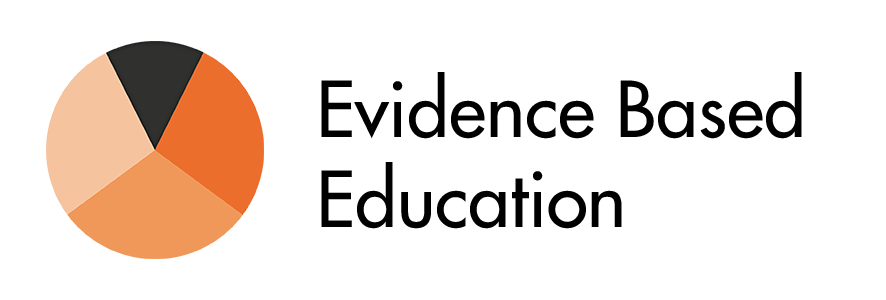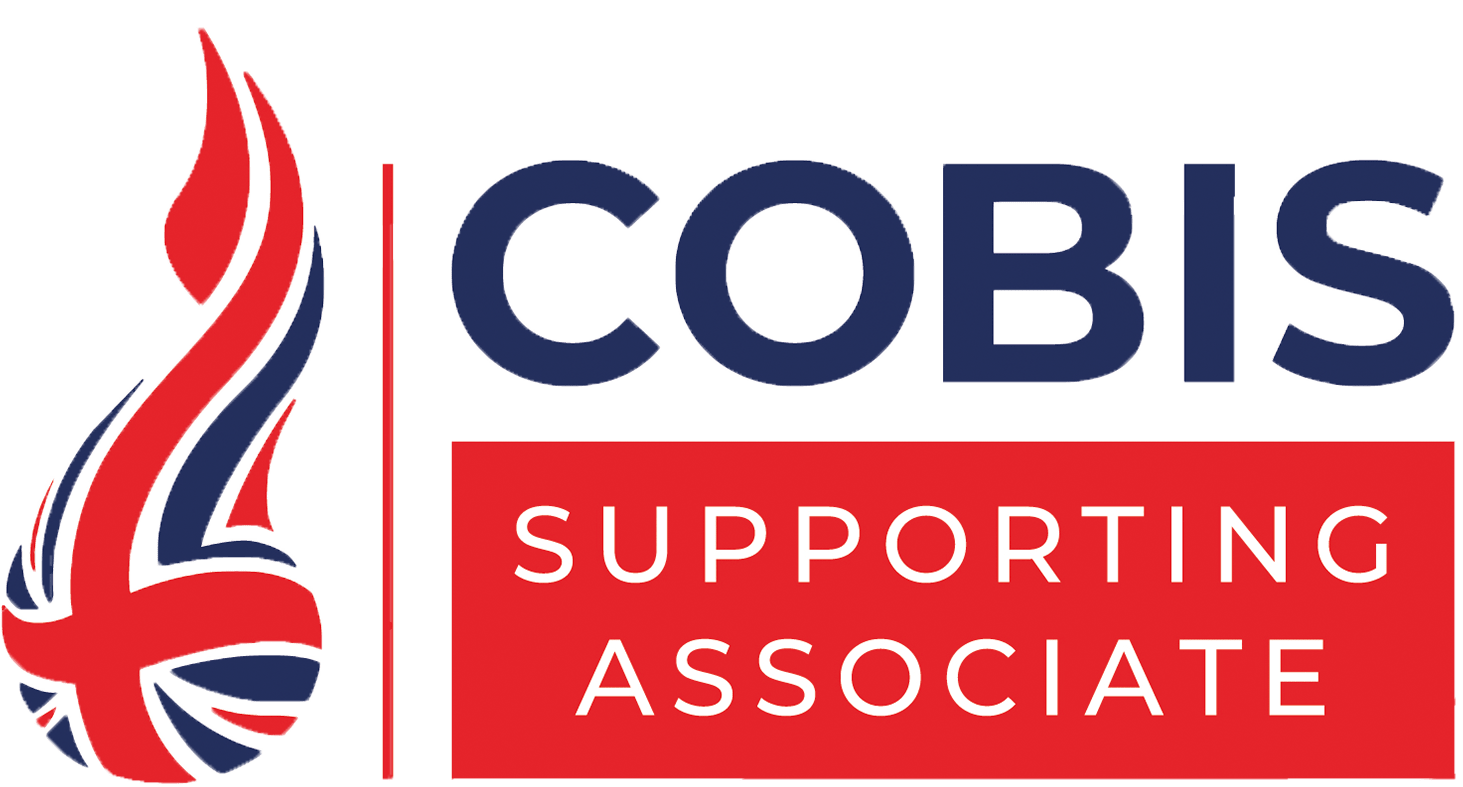In this guest post, Huntington School’s Alex Quigley asks the question: “Who needs training on assessment?”… (Teaser: on October 1st, we will release a free podcast of Alex talking on the challenges, successes and next steps of evidence-based education at his school. Subscribe using the buttons on the top right of this page to receive this free resource directly to your device!)
Who needs training on assessment? We are all experts, right? Day in, day out, we work on formative assessment and we help our students tackle those gnarly end of year examinations. Many a meeting is consumed by assessment objectives, student-friendly criteria and similar.
I have been an English teacher for fifteen years. During that time I have experienced endless cycles of curriculum and assessment change. Only a few short weeks ago, students and my school were getting to grips with a whole new grading system. It wasn’t too long ago that we were devising our own assessment after ‘life without levels’ at KS3. My primary colleagues are dumbfounded almost daily attempting to keep up with the endless changes in assessment (only yesterday Justine Greening announced a raft of changes).
Now, apart from a training day here and there, a fortunate opportunity to hear Dylan Wiliam or Daisy Christodoulou at a conference, we seldom have access to the essential ingredients of effective school change: expert input; robust experience; time for reflection and development; tools; and quality training. We have made essential school changes on assessment without a deep understanding of important concepts like ‘reliability’ and ‘validity’.
After hearing from experts with a far deeper grasp of assessment principles than myself, I have aimed at changing my practice. Simple things, like shifting from writing endless essays to move nimble, useful formative assessments, is changing my practice (see here and here for more). Even this old dog is learning new tricks!
Teachers – and I hope to include myself in this pronouncement – have done a very good job of translating formative assessments into useable classroom tools and practice. And yet, we appear to lose out on a deep, sustained knowledge and understanding of assessment in schools. Teachers and school leaders move onto pastures new. The latest fad or accountability fear consumes our time and bedevils our thinking and planning.
Given that assessment is not just ‘for’ learning, but that assessment ‘is’ learning, we need to give it the time and training it deserves. I whole-heartedly believe that programmes like ‘Assessment Academy’ are essential for teachers and school leaders. We need to better embed a deep understanding of assessment deep into the veins of the teaching profession. The positive implications for practice in the classroom, reducing teacher workload and improving the outcomes of our students are clear.
Who needs high-quality assessment training? Probably every teacher I know…and definitely me too.
Where to start?
- This blog post offers five questions for you to start thinking about how effectively assessment is used in your school;
- Here, you can find trailer videos for each of the modules of the Assessment Lead Programme – learn what’s included, and why it answers Alex’s call for affordable, high-quality, robust training.
Alex Quigley is an English teacher, Director of Huntington Research School, and an EEF Developer who supports the national network of EEF/IEE Research Schools. He is the author of ‘The Confident Teacher’ and the upcoming ‘Closing the Vocabulary Gap’.
UPDATE: The Assessment Lead Programme has since been created and launched, with the first cohort of schools offering some fantastic positive feedback. Join them, and read more by clicking here.





